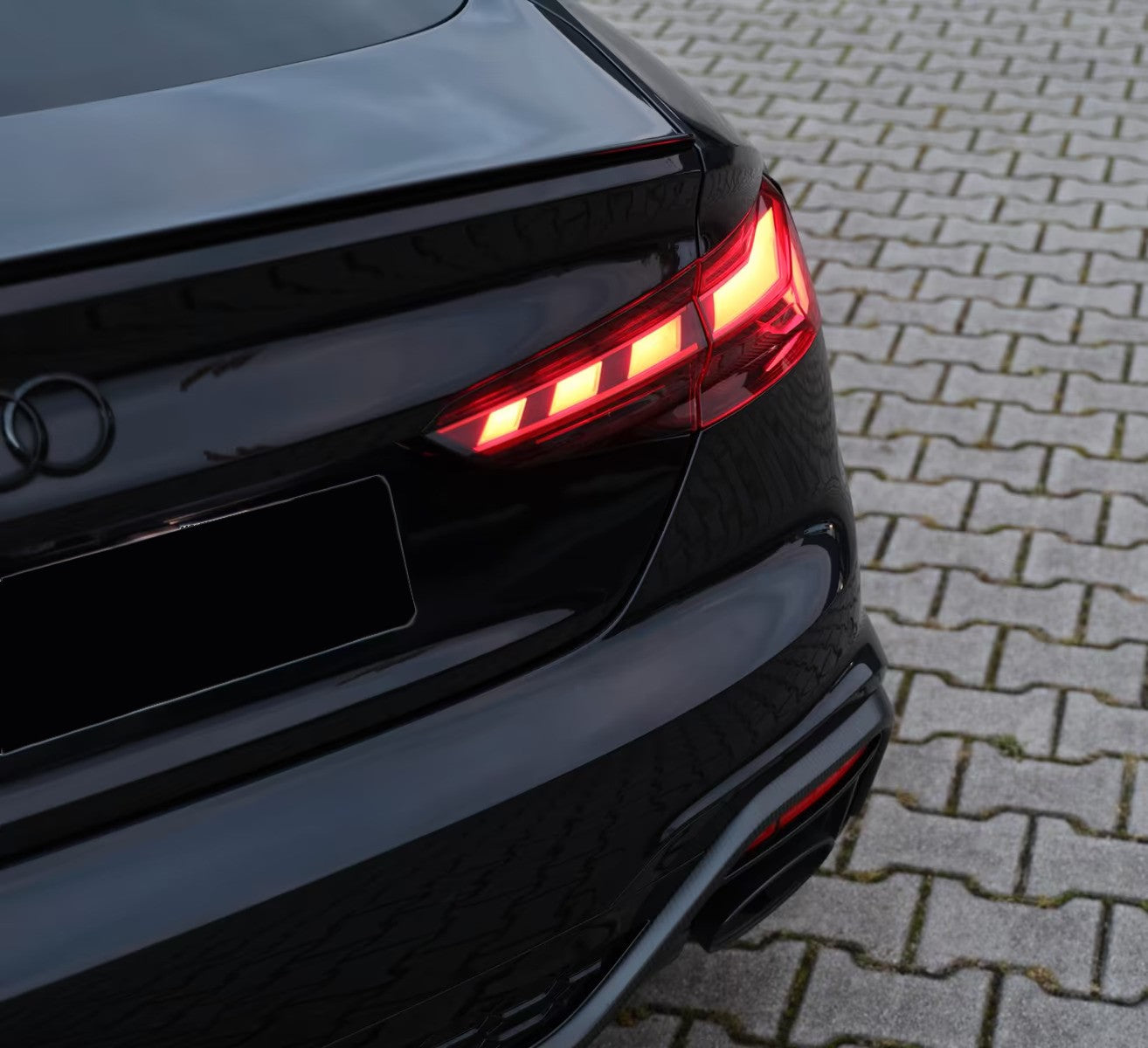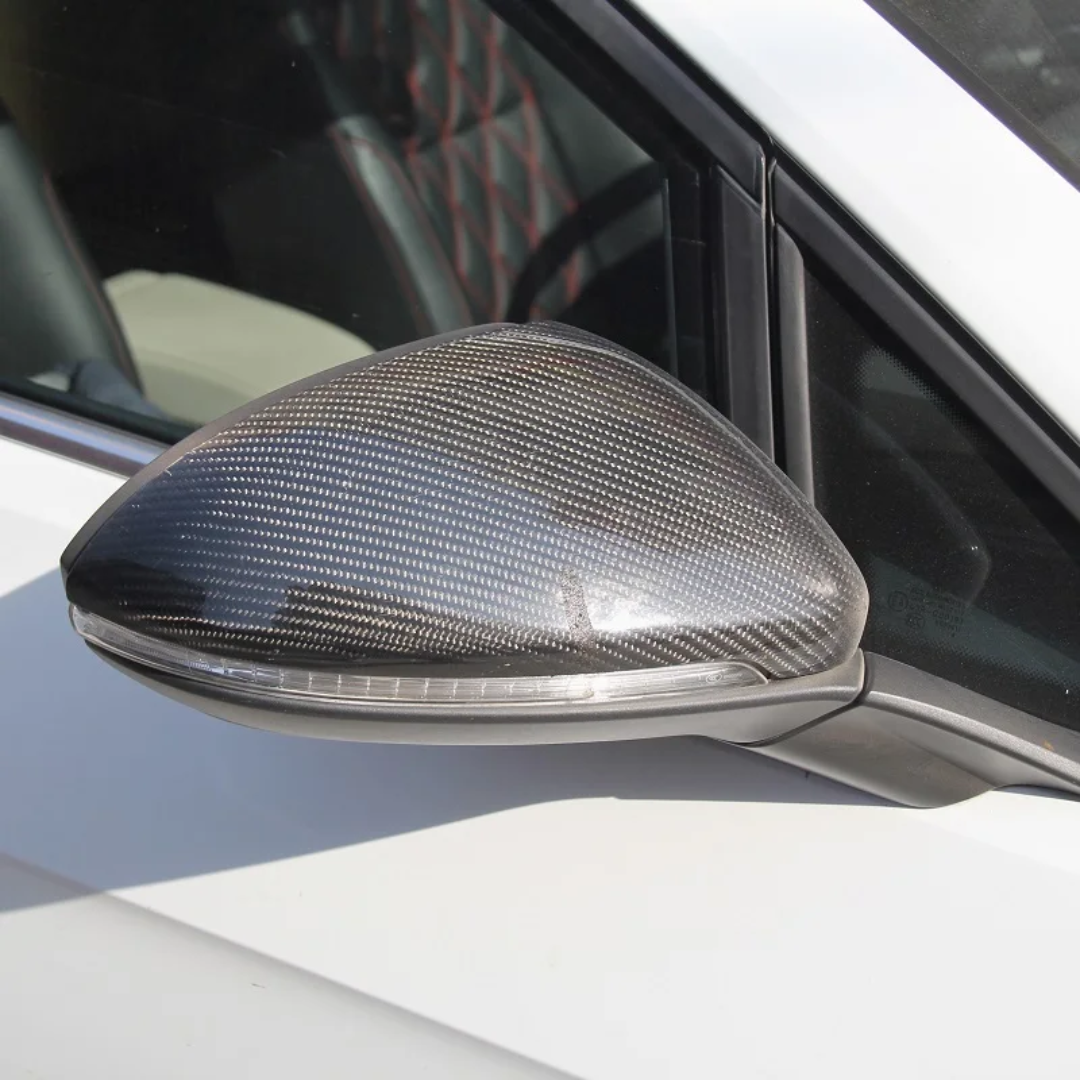Volkswagen Golf Mk7 Reliability Guide
The Volkswagen Golf Mk7 remains one of the most popular compact hatchbacks among enthusiasts and commuters alike. Sold in the U.S. from 2015 to 2021, it delivers refined handling, solid build quality, and a premium driving feel.
This complete Golf Mk7 reliability guide covers common problems, engine-specific issues, and what to look for when buying or maintaining one.
Overall Volkswagen Golf Mk7 Reliability Overview
A Step Forward in Quality
Compared to the Mk6, the Mk7 Golf brought improvements in platform rigidity, interior finish, and drivetrain refinement. Owners frequently praise the car’s driving dynamics and comfort.
However, reliability can vary significantly depending on engine choice, maintenance, and production year.
Typical Reliability Score
-
Owner satisfaction: 4/5 (based on U.S. surveys and forum reports)
-
Repair frequency: Moderate
-
Maintenance cost: Above average compared to Japanese rivals, but reasonable for a European compact
With proper servicing, the Mk7 can easily exceed 150,000 miles. Neglect, however, can lead to costly failures—especially in the cooling and turbo systems.
Common Golf Mk7 Problems (All Engines)
1. Cooling System Leaks
One of the most widespread Mk7 issues involves the water pump and thermostat housing.
-
Cause: Plastic housing and seals deteriorate prematurely.
-
Symptoms: Coolant smell, low coolant warning, white residue under the engine.
-
Repair cost: $500–$900 (parts + labor).
2. Turbocharger & Wastegate Failures
Turbocharged Golfs (1.8 TSI, GTI 2.0 TSI) may suffer from wastegate actuator faults or turbo seal wear.
-
Symptoms: Loss of boost, check-engine light, rattling wastegate.
-
Repair cost: $1,200–$2,000 (depending on turbo replacement or actuator fix).
3. Timing Chain and Tensioner Concerns
Earlier EA888 engines were known for timing chain stretch or tensioner failure.
While less common on the Mk7, neglecting oil changes accelerates wear.
-
Check for: Rattle on cold start, poor service records, wrong oil viscosity.
4. Suspension and Subframe Noises
Front subframe and control arm bushings can develop play, causing clunks or creaks when turning or braking.
-
Repair cost: $400–$700 depending on parts replaced.
5. Electrical & Infotainment Issues
Common electrical complaints include:
-
Infotainment freezing or rebooting
-
Door seal or speaker housing water ingress
-
Faulty fuel filler cap actuator
These rarely disable the car but can be frustrating.
Engine-by-Engine Reliability Breakdown
Below you’ll find the reliability insights for each U.S.-market Golf Mk7 engine, based on owner data, recalls, and maintenance experience.
1.8 L TSI (EA888 Gen 3)
Years used: 2015–2018
Models: Golf S, SE, Wolfsburg Edition
Strengths
-
Smooth, torquey turbo engine
-
Excellent balance of power and efficiency
-
Chain-driven camshaft (no scheduled belt changes)
Common Problems
-
Water pump / thermostat housing leaks (most frequent issue)
-
Turbo actuator or wastegate wear after 60,000–80,000 mi
-
Oil consumption if oil change intervals are neglected
-
Carbon build-up on intake valves (due to direct injection)
Reliability Tips
-
Replace the water pump proactively every ~60,000 mi
-
Use high-quality synthetic oil (VW 502 00 spec)
-
Clean intake valves every 70,000–90,000 mi
-
Avoid heavily tuned examples unless well documented
1.4 L TSI (EA211)
Years used: 2019–2021
Models: Golf TSI, Golf SE (final U.S. years)
Strengths
-
Refined and efficient
-
Lower emissions, improved cooling layout
-
Timing belt instead of chain (simpler but needs periodic change)
Common Problems
-
Oil consumption in some units
-
Timing belt wear if neglected beyond 80,000 mi
-
Water pump leaks still possible though improved over 1.8 TSI
-
Carbon build-up on valves (direct injection effect)
Reliability Tips
-
Change timing belt every 80–100k mi
-
Use top-tier fuel to minimize carbon deposits
-
Inspect for coolant leaks during oil changes
-
Monitor oil level monthly
2.0 L TSI (GTI / Golf R EA888 Gen 3)
Years used: 2015–2021
Models: GTI, Golf R
Strengths
-
High-output, enthusiast favorite
-
Excellent aftermarket support
-
Proven EA888 Gen 3 architecture
Common Problems
-
Turbocharger wastegate actuator failure (especially 2015–2017)
-
PCV valve malfunction causing rough idle or oil leaks
-
Ignition coil or spark plug fouling under tuned conditions
-
Cooling system leaks, same as 1.8 TSI
Reliability Tips
-
Use 91+ octane fuel only
-
Replace spark plugs every 30,000–40,000 mi if tuned
-
Keep stock tune for longevity
-
Regular coolant inspection is critical
U.S. Recalls & Technical Service Bulletins
The NHTSA has listed several recalls for Mk7 Golfs in the U.S.:
-
Fuel leak risk: Suction jet pump inside the fuel tank (affecting certain 2015–2020 Golfs and SportWagens).
-
Airbag and braking system software updates.
-
Lighting and sensor recalls on specific trims.
Always run your VIN on the NHTSA recall checker before purchase.
Buying a Used Golf Mk7 – What to Check
Essential Pre-Purchase Inspection Points
-
Coolant level and signs of dried residue (water pump leak)
-
Smooth idle, no check-engine light, stable turbo response
-
Service records showing oil changes every 10k mi or less
-
No suspension knocks when turning or braking
Recommended Mileage-Based Replacements
| Component | Interval | Approx. Cost |
|---|---|---|
| Water pump / thermostat housing | 60–80k mi | $600–$900 |
| Timing belt (1.4 TSI) | 80–100k mi | $500–$800 |
| Spark plugs | 30–40k mi (GTI/R) | $100–$200 |
| DSG service | Every 40k mi | $300–$400 |
Upgrade and Customize Your Golf Mk7
Whether you drive a Golf Mk7 TSI, GTI, or R, you can customize and enhance your car with our exclusive range of Golf 7 accessories.
Discover premium-quality black VW logos, carbon mirror covers, front lips, and trunk spoilers for a sporty look.

Upgrade your interior with carbon fiber trim kits and CarPlay modules for seamless smartphone connectivity.

We also stock steering wheel paddle shifters, gloss black front grilles, and performance-style body kits.

Each product is carefully selected for quality and compatibility, with free shipping and a 1-year warranty on every item.
Verdict: Is the Golf Mk7 a Reliable Buy?
The Volkswagen Golf Mk7 is one of the most reliable Golfs ever built when maintained correctly.
Its main weaknesses—cooling system, turbo actuator, and carbon build-up—are predictable and manageable.
Pros
-
Engaging drive, premium feel
-
Solid build quality
-
Good parts availability
Cons
-
Higher maintenance cost than Japanese rivals
-
Some fragile plastic cooling components
-
Turbo models require more attention
Key Takeaways for Owners and Enthusiasts
-
Always use OEM coolant and oil
-
Replace water pump proactively
-
Avoid cheap engine tunes without proper supporting mods
-
Perform VIN recall checks regularly
Properly serviced, a Golf Mk7 can exceed 150,000–200,000 miles with confidence—making it a solid choice for anyone wanting German engineering without the unreliability stigma.





